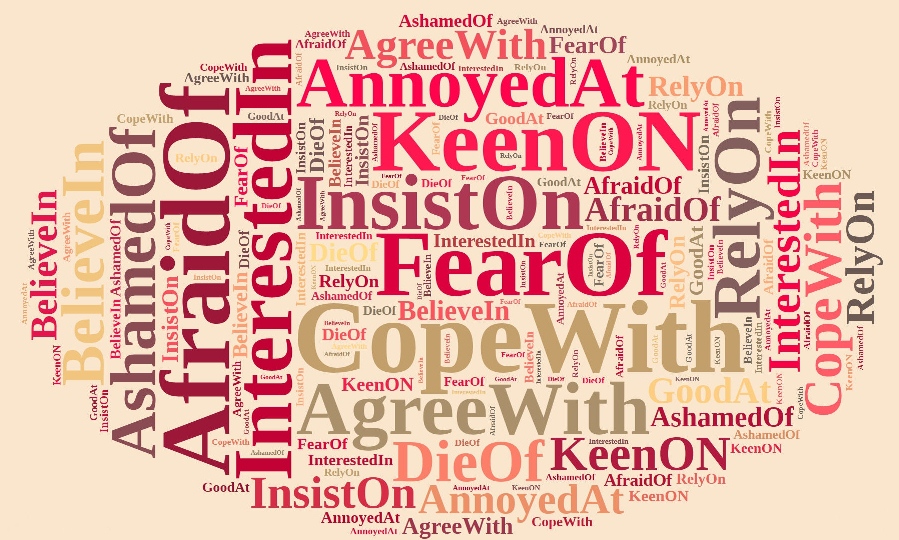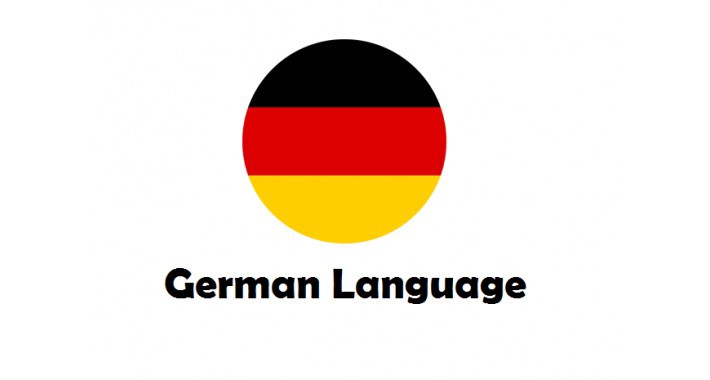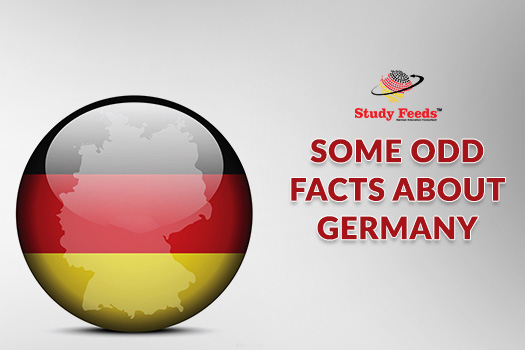Learning the German language can be fun and tricky at the same time. If you are a beginner, you may find it easy, but as the levels go from intermediate to advanced, the degree of difficulty increases. However, once you are through the intermediate stage, you have the liberty to play with words. Those words come in the form of compound nouns. Once you know the rules about the compound nouns, you can easily make up cool words all by yourself, and flaunt them in front of your English and German friends.
What are German compound nouns?
 Image Credit – shec.edu.vn
Image Credit – shec.edu.vn
In the German language, compound nouns are the nouns that are formed by adding two German nouns. The German words so formed after combining two nouns are called compound nouns. German is a flexible language, which is why countries like Austria and Switzerland have their own version of it. Some German words, however, when combined together to make a compound noun; have a literal meaning, which is very different to the actual meaning of the word so formed.
Here are some examples that will make you chuckle:
Rindfleischetikettierungsüberwachungsaufgabenübertragungsgesetz
How many characters do you think this word has?
Well, we’re sure that must have taken you a while. The 63-character long word means “legislative law made for the beef-meat labeling”. Isn’t that cool? The German language has the ability to make sense, even if you join many nouns together to create a single word.
For example:
- Das Kopfkino: The word means the head cinema in the literal sense, but actually, it is the cinema that plays in your head, when you day dream.
- Handschuhe: The word’s literal translation comes out to be hand shoes, while it actually means gloves. Well, we don’t know about English, but German is really a funny language.
- der Kühlschrank: While the word actually means refrigerator, its translation comes out to be the cool cupboard; which indeed is a refrigerator! Yes, German to our rescue!
- der Staubsauger: Meaning vacuum cleaner, the word has a funny literal translation, which is dust sucker. Well, a vacuum cleaner does suck dust, right?
But the question is, are these words real?
German language is flexible enough for words to be molded and combined to make a brand new word. These words are real and will be acknowledged whenever you use them; because they are solid compound nouns formed with individual nouns. If that very special quality of the German language makes you want to learn German; enroll for a German class in Delhi.
We have a list of steps that you can follow to make those words yourself:
Step-1: build a word combination
 Image Credit – wabstalkinstitute.com
Image Credit – wabstalkinstitute.com
What all you can combine:
- a noun with a noun
- an adjective with a noun
- a verb with a noun
- a numeral with a noun
- a preposition with a noun
- a verb with a noun
- an adverb with a noun
The special connectors:
When you connect two nouns, sometimes you need the help of some connectors like e, e(s), e(n) and er. For example:
- der Pferdezüchter –a horse breeder
- der Flaschenöffner – meaning a bottle opener
- der Kindergarten – kindergarten
- die Kalbsleber – a calf’s liver
Step-2: get hold of the German language
 Image Credit – medium.com
Image Credit – medium.com
Now that you have created your own dictionary, it’s time that you start making use of it by following these smart tips:
- Create situations to use your newly formed German word. Whether it’s a party, a family gathering or any social interaction, try to use your German word that you’ve invented. This will not only brush up your techniques, but will help you stand out.
- Be a frequent user of your German words. If you have formed a new German word, use it as frequently as you can. Not only you will remember it for the rest of your life, but will explore fresh platforms to include it in.
- Create an impact with your new word. Make it touch people’s hearts.
The German language has given its speakers a sense of liberty, a sense of creativity that they can explore to be comfortable while communicating their thoughts to the outside world. Popular as it is, the German language has and continues to win hearts. If this blog inspires you to learn the language, you can go for to a German language school in Delhi, to learn and experiment with the language, and to make it your own.




